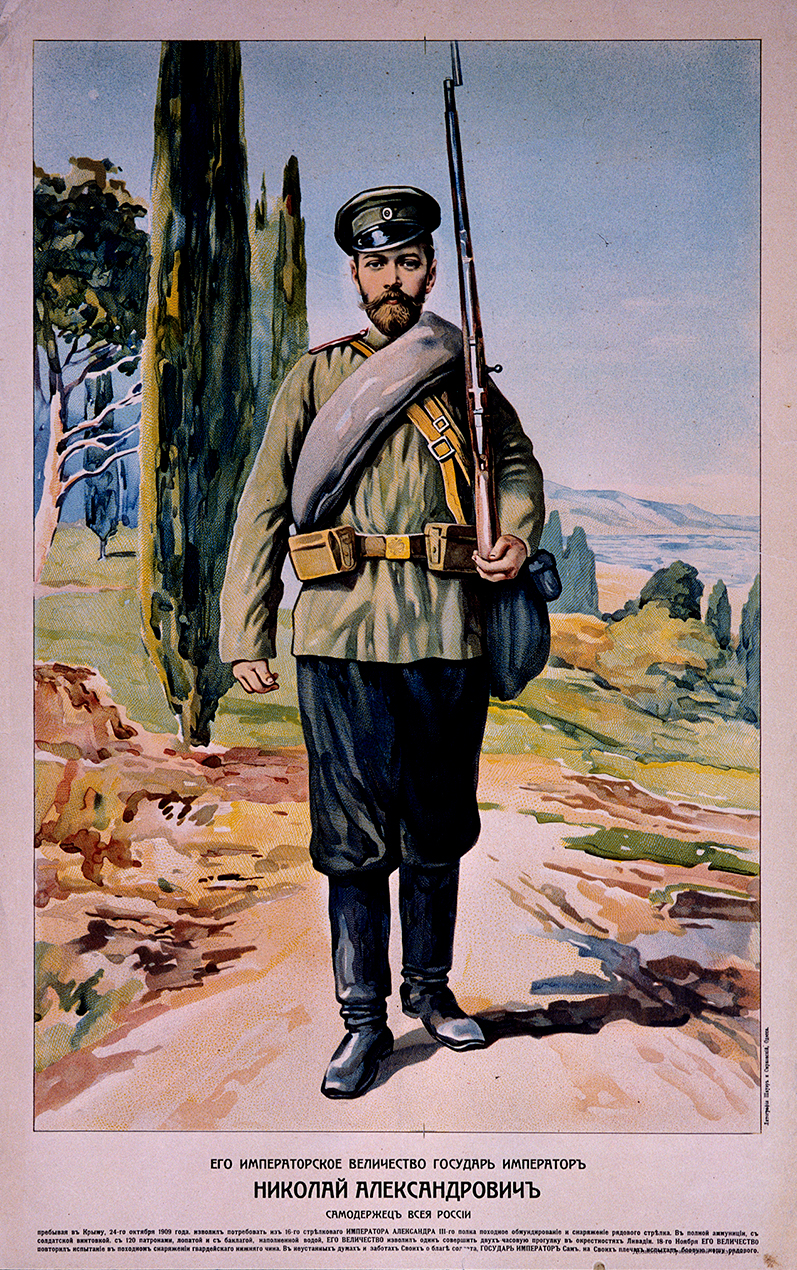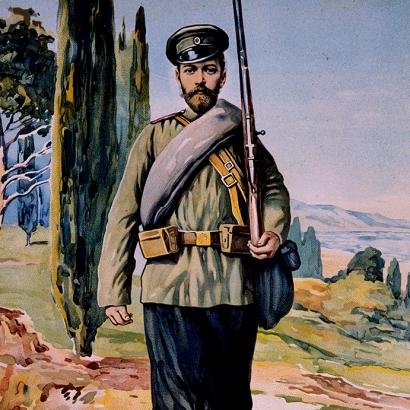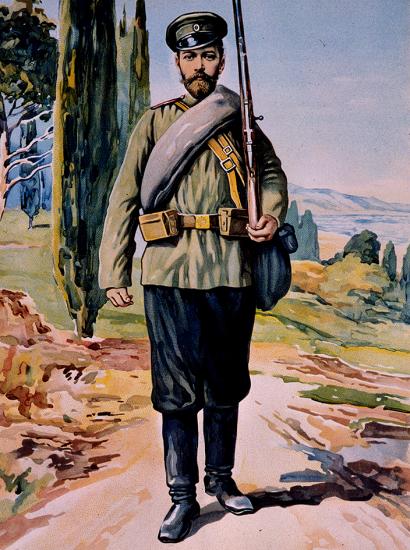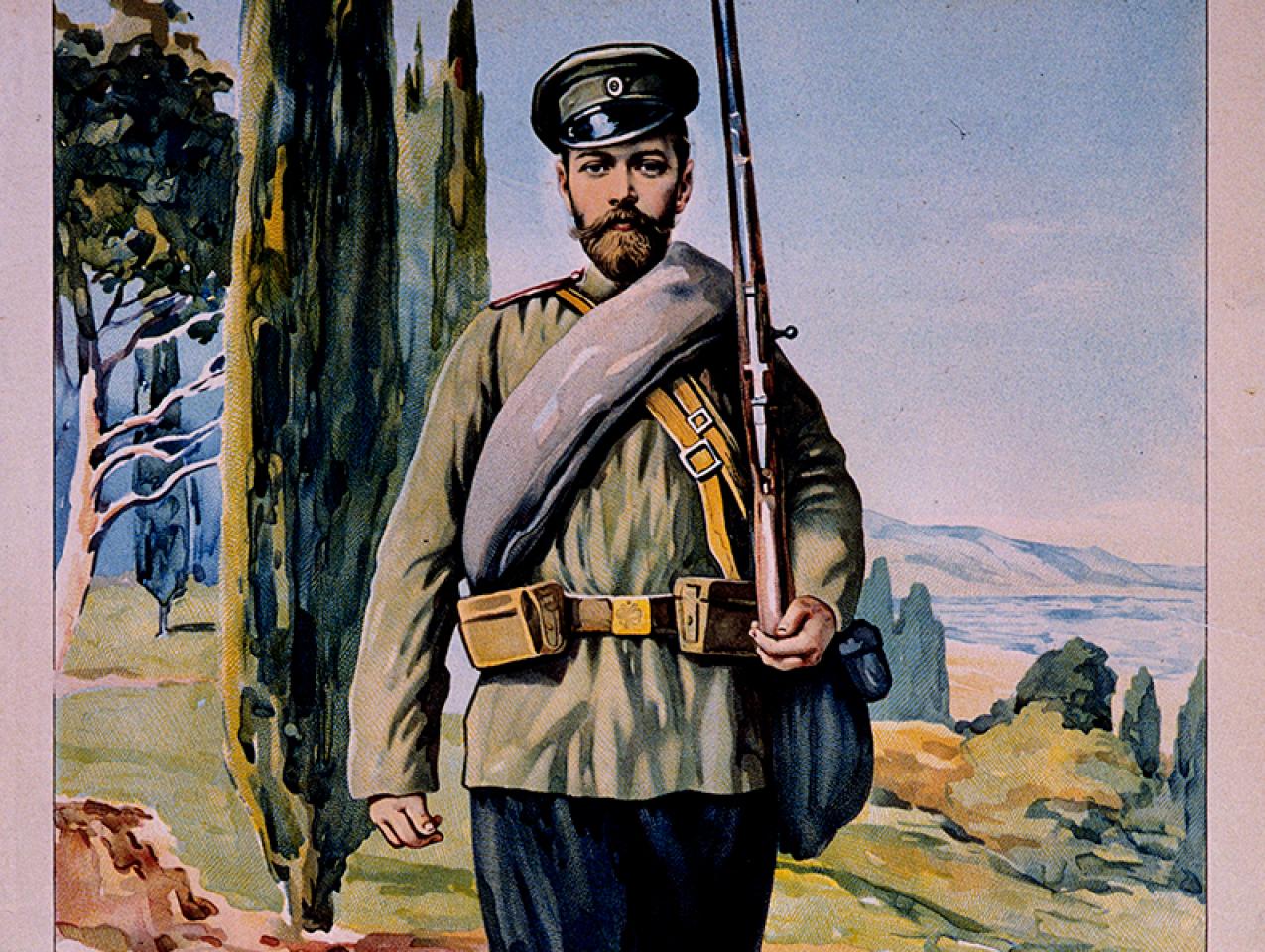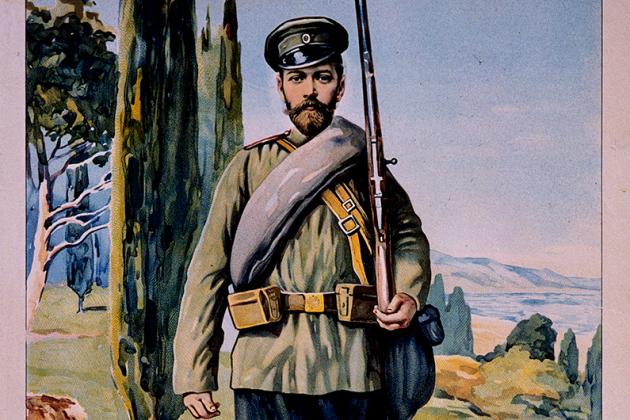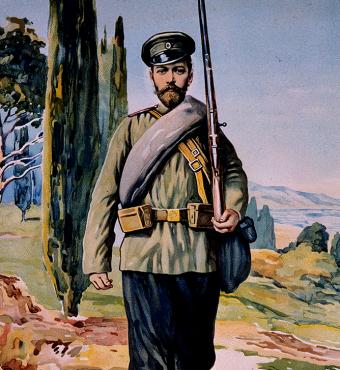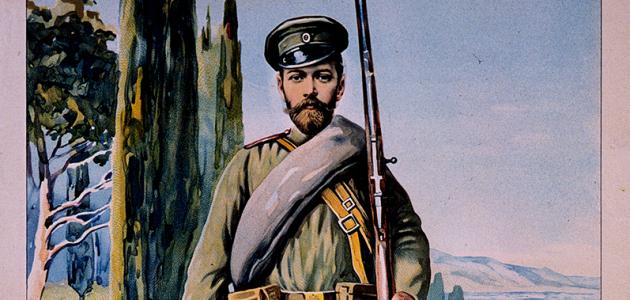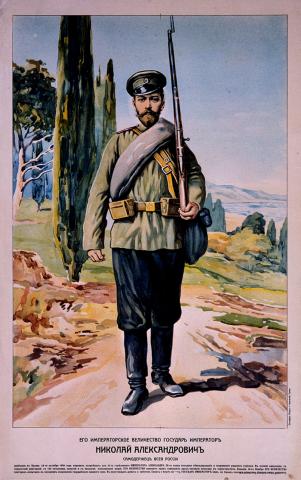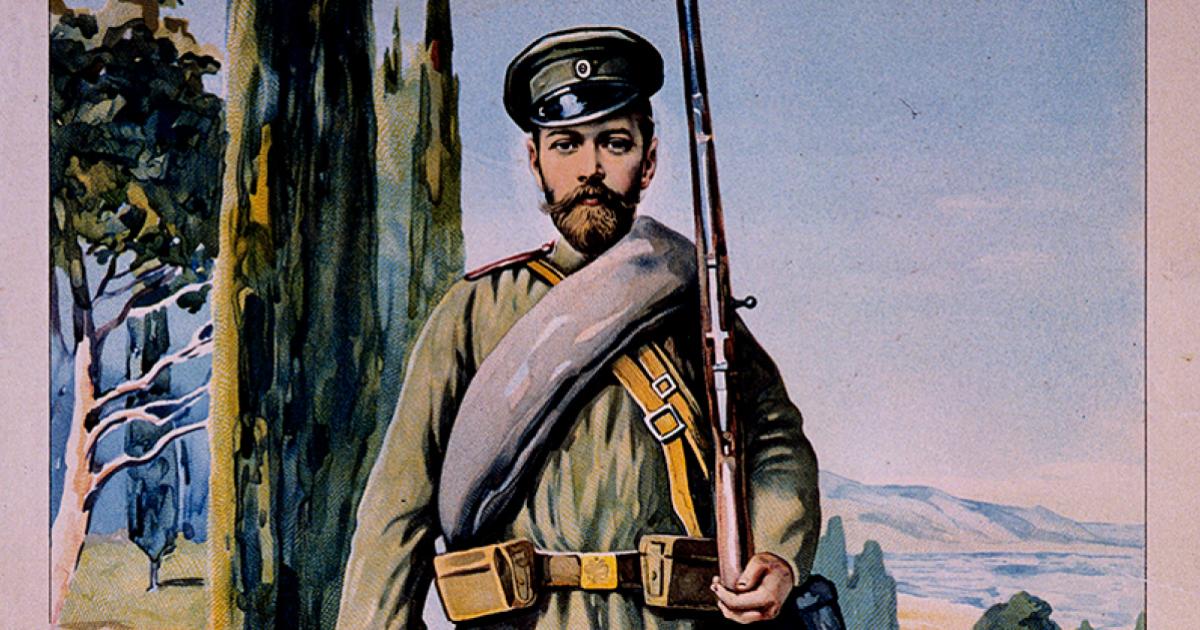In war, as in all activities, leadership makes a difference. Take the war in Ukraine, for example. A different Russian leader than Vladimir Putin might not have invaded Ukraine in February 2022 or, if he did, he might have chosen military advisors for their competence rather than their loyalty. Putin began the war with far too few men and with a risky plan that underestimated the enemy and assumed that the lumbering bear of the Russian army had suddenly become nimble and rapid-fire.
A different Ukrainian leader than Volodymyr Zelenskyy might have accepted the American offer of safe conduct from his capital city at the start of the invasion instead of staying and fighting. The Ukrainian people have been heroic in their resistance to aggression and war crimes, and Zelenskyy’s example-setting and oratory have played no small role.
A different American leader than Joe Biden might not have supported Ukraine or might have offered even more support. Or, to take another perspective, a different American leader might not have signaled weakness in the year before the invasion by the mismanaged withdrawal from Afghanistan, thereby encouraging Putin’s aggression. Or another leader might have appeased Putin with negotiations.
To be sure, leadership isn’t the only thing that matters. National interests, military and financial resources, strategic cultures, geography, domestic politics: these and other criteria all play a role. But leadership can turn things on and off like a switch.
That lesson is brought home by a classic example from long ago, the strange defeat of the Roman general Pompey the Great at the Battle of Pharsalus on August 9, 48 B.C. The reader may nod the head knowingly at the information that the person who defeated Pompey was none other than Julius Caesar, one of history’s legendary commanders. But Pompey was a great general as well. Why did he suffer a crushing battlefield defeat on that August day in central Greece, where Pharsalus is located? He survived but had to flee and was murdered six weeks later.
The mystery deepens if one considers that a few weeks earlier, Pompey won a major victory over Caesar at Dyrrachium, an important port city in what was then northwestern Greece (today, Albania). Pompey’s army killed a thousand of Caesar’s men including thirty-two officers, four percent of Caesar’s forces; Pompey’s men also captured numerous battle standards, a sign of shame to a Roman army. Yet Pompey did not follow up his success and deliver the crowning blow. Pompey feared an ambush and, besides, he considered the enemy to be defeated. That was a mistake, as Caesar extricated his army and lived to fight another day—and to win.
Caesar had no doubt that Pompey’s mistake was a matter of character. “Today the enemy would have won,” he told his inner circle, “If they had a commander who was a winner.”
If Pompey displayed a character flaw at Dyrrachium in July, he did so again at Pharsalus in August. The earlier battle took place in a virtual maze of fortifications, in the aftermath of a siege. Pompey’s nimble troops had the advantage there. Pharsalus, however, was an open battlefield. There, Caesar’s seasoned veterans, the conquerors of Gaul, would have the upper hand. Experienced general that he was, Pompey understood this. Nevertheless, and after at first refusing, he finally agreed to fight.
Pompey gave in to pressure from the entourage of Roman senators who accompanied him. Perhaps he indulged in wishful thinking that, after having undergone one defeat, Caesar’s men suffered from low morale as well. Perhaps, finally, Pompey had an ego that wouldn’t allow him to admit that Caesar was a greater general. Against his better judgment, Pompey risked his army in battle and lost everything.
Unlike Pompey, Putin has had a chance to recover: Putin’s initial mistakes in 2022 did not prove decisive. Whatever his character flaws, Putin demonstrates flexibility and perseverance. Russia has upped the number of its forces and built strong defenses on the frontlines of the territory that it took from Ukraine in 2022 and 2014—about 18 percent of the country after a Ukrainian push in 2022 recovered a substantial amount of the Russian-conquered territory. The current Ukrainian counter-offensive has made only modest gains so far. Although Putin has been far from the conqueror, he set out to be, and although his country has paid a price in blood and treasure, he hangs on doggedly to what his armies have taken. Aggressors too can display leadership skills.
Barry Strauss is the Bryce and Edith M. Bowmar Professor in Humanistic Studies at Cornell University, Corliss Page Dean Visiting Fellow at the Hoover Institution, and author most recently of THE WAR THAT MADE THE ROMAN EMPIRE: Antony, Cleopatra, and Octavian at Actium (Simon & Schuster).







